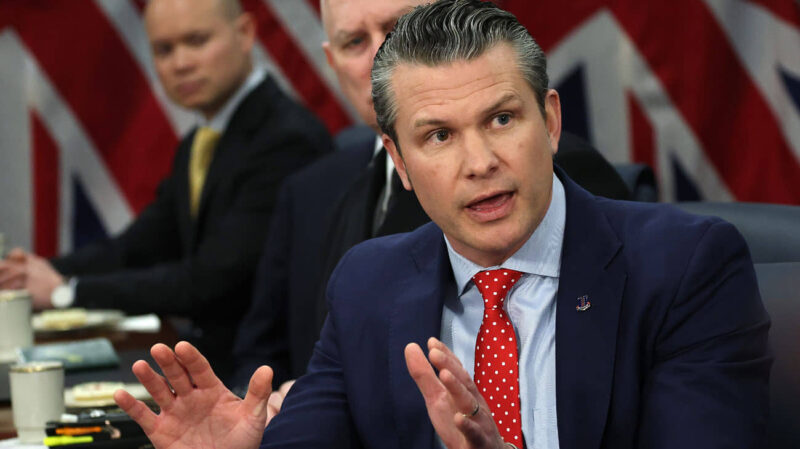Disclosure of Confidential Data in Signal Chats: What US Officials Are Hiding

In a new episode of the series of scandals related to the security and confidentiality of the US government elite, new details have emerged about how high-ranking officials shared sensitive information through private messaging apps. Media outlets obtained information that US Secretary of Defense, Pyt Gheset, led a closed group chat in the Signal application, which included his relatives — his wife and brother — as well as his personal attorney. In this very chat, the official discussed important military operations and strategies, including regarding an attack on Yemeni Houthi rebels. The leaked messages to the media are based on testimonies from sources and analysis of several anonymous interlocutors from Reuters and CNN. According to these sources, the chat was created during tense parliamentary hearings that were part of the process of confirming Gheset’s nomination as Secretary of Defense. It is noted that this group chat never had an official status as a military planning or secret communication channel — it was used for discussing administrative matters, sharing opinions on agendas and strategies, and involved more than 10 participants. However, sources indicate that even after Gheset officially took office, he retained access and continued to use this chat for transmitting information. After his appointment, he shared details about military operations that raised significant doubts and concern among analysts and political opponents. Specifically, this chat included discussions about a detailed schedule of airstrikes in the region, which later became subject to close analysis and even publication in The Atlantic magazine. It turned out that the magazine’s editor, Jeffrey Goldberg, was accidentally included in a separate Signal chat where military secrets were being discussed. Sources among international and American journalists report that these conversations involved not only strategic plans for attacks but also timelines and logistics of the operations. This raises questions about the security of state secrets and the level of control over the circulation of such critical information. Even representatives of the Department of Defense expressed doubts about Gheset’s ability to maintain trust and stability in his position following these disclosures. In response to the leaks, Pentagon spokesperson Shawn Parnell categorically denied the existence of any secret information in the mentioned chats. Via the social network X (formerly Twitter), he stated that all discussions were public and harmless, and that the information circulated is the result of attempts by opposition figures to discredit the minister. Parnell emphasized that journalistic material is based solely on testimonies of dissatisfied former employees, whose motives remain dubious. The White House also responded to this story: his spokeswoman, Anna Kelly, noted that there are apparently attempts by former officials and “informants” to distort facts to weaken the president’s administrative work. She stressed that once again, they confirm that there was no official secret information in that chat, and any statements claiming otherwise are part of informational speculation. The background of this story is closely intertwined with a series of other scandals and personnel changes at the highest levels of American defense. In particular, amid investigations and the spread of leaks, mass dismissals of high-ranking officials in the Pentagon occurred: the head of the office of the Deputy Secretary of Defense Colin Carroll, Gheset’s advisor Dena Coldwell, and the deputy head of the office, Darrin Selnick. At the same time, some officials are expected to be requalified — for example, the head of the Secretary of Defense Joe Kasper is being prepared for a new position to retain their experience and expertise. Moreover, the scandals are not limited only to the defense sector. It is known that in an extremely tense political environment, the Trump administration also became embroiled in a scandal after National Security Advisor Mike Wolff and his team created several chats in Signal for coordinating foreign policy and security initiatives. On these platforms, they discussed critical issues regarding Ukraine, the situation in Gaza, policies in the Middle East, Africa, and Europe, which led to widespread disapproval and criticism from opposition forces and experts. Overall, this series of events once again highlights how vulnerable the US legal and military security system is in the 21st century. The openness and leaks of internal documents through convenient, but sometimes unreliable, messaging platforms cast doubt on the ability of government institutions to keep information secret. At the same time, high command is beginning to realize that controlling private conversations and discussions remains a difficult task in the digital age; widespread personnel reshuffles and internal investigations are no longer just internal affairs of the department.

